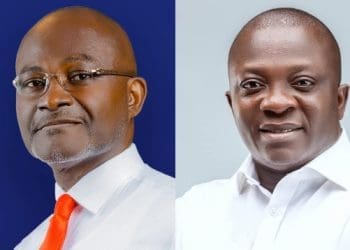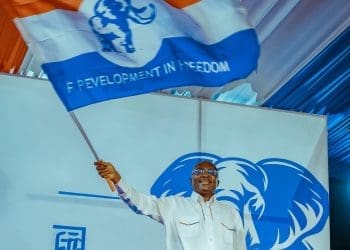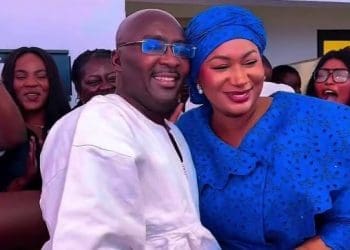Ghana’s democracy stands at a crossroads, with growing fears that President John Dramani Mahama is showing signs of morphing into a “Supreme Leader.”
His sweeping control over the executive, legislature, and judiciary has raised alarms among constitutional scholars, political analysts, and civil society activists, who warn that the foundations of the country’s democratic checks and balances are being shaken.
Executive power deepens beyond constitutional limits
By design, Ghana’s 1992 Constitution gives the President vast powers as both Head of State and Head of Government.
From commanding the armed forces to appointing ministers, judges, and heads of state institutions, the presidency wields significant authority.
What worries critics today, however, is not merely these constitutional provisions but the extent to which other arms of government now appear aligned—if not outright subservient—to the will of the executive.
Parliament reduced to a rubber stamp
The December 2024 elections delivered a two-thirds supermajority to the ruling National Democratic Congress (NDC), ending the tense balance of a hung Parliament that had forced bipartisan negotiation in the previous term.
The supermajority gives President Mahama’s party unfettered control over the legislative process, with the ability to pass bills at will and even amend the Constitution without opposition support.
Some political analysts warn this imbalance risks transforming Parliament into a rubber-stamp institution.
“The supermajority effectively eliminates parliamentary independence,” one constitutional scholar told this paper.
“Instead of checking executive excesses, the legislature now risks becoming an extension of the Presidency.”
Judiciary shaken by removal of Chief Justice
If Parliament’s tilt toward the executive raised eyebrows, the removal of Chief Justice Gertrude Torkornoo has deepened national unease.
Acting on a petition citing “stated misbehaviour,” a constitutional committee recommended her dismissal, and President Mahama wasted no time in enforcing it.
While the Presidency insists the decision followed due process under Article 146, critics argue that the reasons don’t merit the removal.
For the first time in Ghana’s history, a sitting Chief Justice has been removed—a precedent that many in the legal fraternity fear could undermine judicial independence.
“Judges may now think twice before delivering rulings that displease the government,” a former Supreme Court justice cautioned. “That is a dangerous road to travel for any democracy.”
Jean Mensa next to be removed?
Speculation is mounting that President Mahama intends to also remove the Chairperson of the Electoral Commission (EC), Jean Mensa, as part of his broader power consolidation agenda.
The claims have gained traction following comments by leading figures of the governing NDC, including the party’s Chairman, Johnson Asiedu Nketia, who has openly called for her removal.
Speculation over third term bid
Whispers of an even more audacious move have begun to circulate: the possibility of President Mahama seeking a third term.
Although he has publicly denied any such ambition, speculation has not died down.
Some NDC supporters have taken to social media pledging to pressure him to reconsider his position ahead of the 2028 elections.
Critics point to history as evidence that Mahama could yet change his mind, recalling how his younger brother, Ibrahim Mahama, once told Ghanaians after the 2016 defeat that the family had persuaded him never to run again—only for him to stage a comeback in 2020 and 2024.
The cumulative effect
Viewed separately, the NDC’s supermajority, the removal of a Chief Justice, and whispers of constitutional amendments could each be explained within the framework of democratic procedure. But when taken together, they suggest an unmistakable consolidation of power.
Ghana’s separation of powers, intended to keep the executive, legislature, and judiciary distinct and independent, is now visibly under strain.
“This is not just about Mahama,” a civil society leader observed. “It is about whether Ghana’s institutions can resist capture. If they fail, we may be sliding from democracy into one-man rule.”
A nation at a crossroads
Supporters of the government argue that the NDC is only exercising the mandate freely given to it by the Ghanaian people.
But opponents stress that democracy is more than election victories; it is about resilient institutions that serve as safeguards against the overreach of power.
The question that now hangs heavy in public debate is simple yet profound: Has Ghana entered an era of unchecked executive dominance, where John Mahama rules not as President, but as Supreme Leader?
For now, the fear lingers—and the nation waits.













